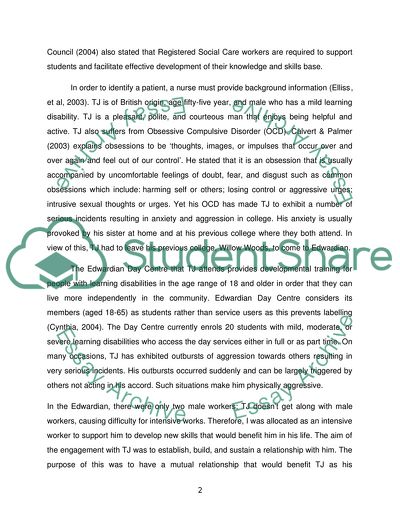Cite this document
(Nursing and Social Work Skills Essay Example | Topics and Well Written Essays - 3250 words, n.d.)
Nursing and Social Work Skills Essay Example | Topics and Well Written Essays - 3250 words. https://studentshare.org/nursing/1740975-proofreading-nirsing-and-social-work-skills
Nursing and Social Work Skills Essay Example | Topics and Well Written Essays - 3250 words. https://studentshare.org/nursing/1740975-proofreading-nirsing-and-social-work-skills
(Nursing and Social Work Skills Essay Example | Topics and Well Written Essays - 3250 Words)
Nursing and Social Work Skills Essay Example | Topics and Well Written Essays - 3250 Words. https://studentshare.org/nursing/1740975-proofreading-nirsing-and-social-work-skills.
Nursing and Social Work Skills Essay Example | Topics and Well Written Essays - 3250 Words. https://studentshare.org/nursing/1740975-proofreading-nirsing-and-social-work-skills.
“Nursing and Social Work Skills Essay Example | Topics and Well Written Essays - 3250 Words”. https://studentshare.org/nursing/1740975-proofreading-nirsing-and-social-work-skills.


